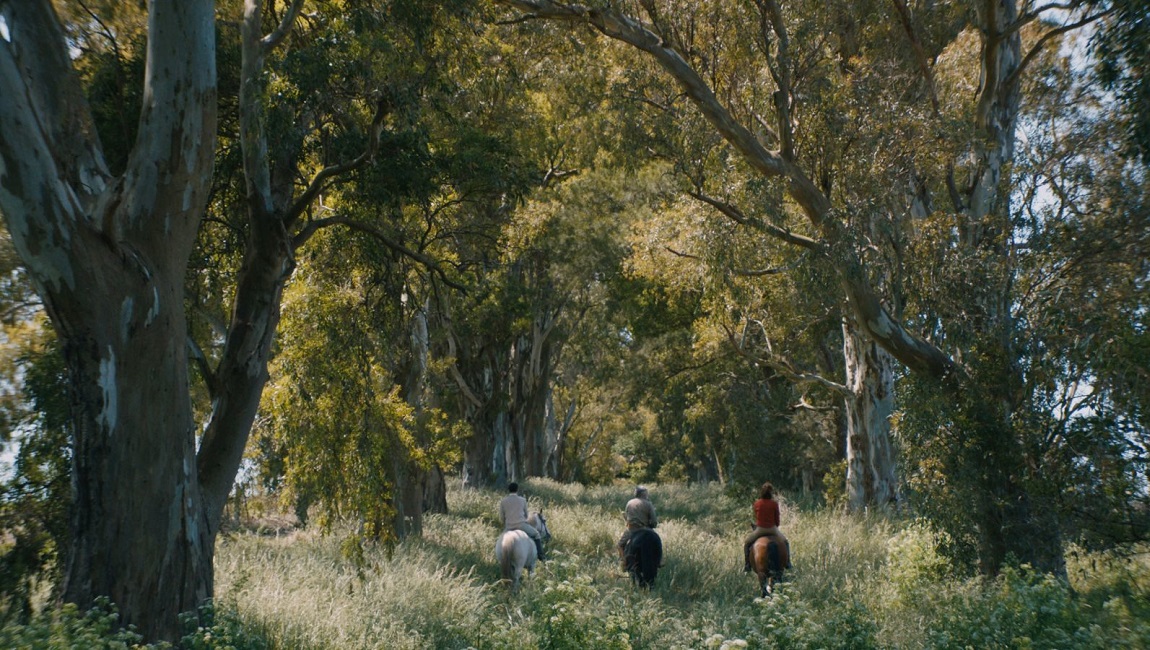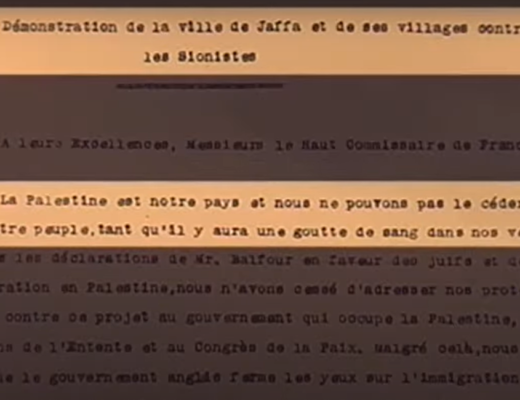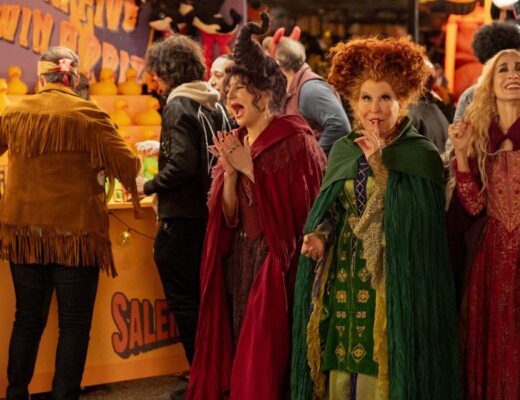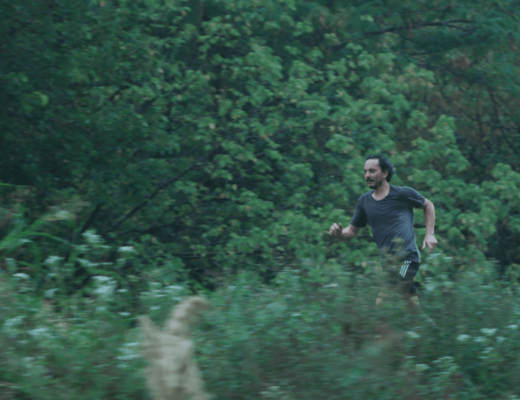David Lynch, a filmmaker with an oeuvre so inimitable and a style so recognizable that he is one of a handful of directors whose last name has become an adjective, is famously loath to discuss the meanings behind his work. Alexandre O. Philippe’s essay film Lynch/Oz, as indicated by its title, looks to Victor Fleming’s 1939 classic The Wizard of Oz as a key to at least partially illuminating the elusive inspirations for Lynch’s celebrated body of work, seizing on this reported statement by Lynch during a post-screening Q&A: “There is not a day that goes by that I don’t think about The Wizard of Oz.” Philippe gathers seven commentators — critic Amy Nicholson and filmmakers Rodney Ascher, John Waters, Karyn Kusama, Justin Benson, Aaron Moorhead, and David Lowery — to explore this thesis in six separate chapters.
Employing a vast arsenal of film clips, many of which range well beyond the nexus of Lynch’s films and The Wizard of Oz, Lynch/Oz explores the direct Oz references in Wild at Heart, the porous boundary between dreams and reality which is a key component of Twin Peaks and Mulholland Drive, the ways Lynch’s oeuvre can be seen as a darker, nightmarish flipside to the seemingly sunnier Oz (notwithstanding the evil witch and flying monkeys), the impact of Fleming’s film on its star Judy Garland (connecting this with “Judy” mentions in Lynch’s films), and many other subjects.
While much of this material is often quite compelling, the strongest segments being the rigorous, well-argued contributions from Nicholson and Kusama, as well as the deliciously dishy section by Waters (during which we’re treated to a clip from his unfinished early work “Dorothy, the Kansas City Pot Head”), this documentary suffers from a lack of focus and palpable overreach. Clips are sourced from such disparate films as The Matrix, Babe: Pig in the City, Suspiria, Pan’s Labyrinth, and The Big Lebowski, as well as films by Wong Kar-wai and Spike Lee, which unfortunately muddies the waters in terms of serving the film’s central premise of drawing parallels between Lynch and Oz. Also, The Wizard of Oz is posited as inspiration not only for Lynch, but seemingly just about every other American film that followed it, which is a move beyond the central premise and more than a bit of a stretch, even as Ascher’s segment acknowledges that the story of a lost protagonist wishing to get back home is basic and generic enough to be applied to almost any work. Still, despite its lack of tidiness and imperfect articulations, Lynch/Oz contains enough insights into its dual cinematic subject to be well worth viewing, especially for those interested in exploring the connections between personal artistic expression and the cultural collective unconscious.
Published as part of Tribeca Film Festival 2022 — Dispatch 1.
Enjoy our content? Want early access to features, interviews, and more? Support us on Patreon!







